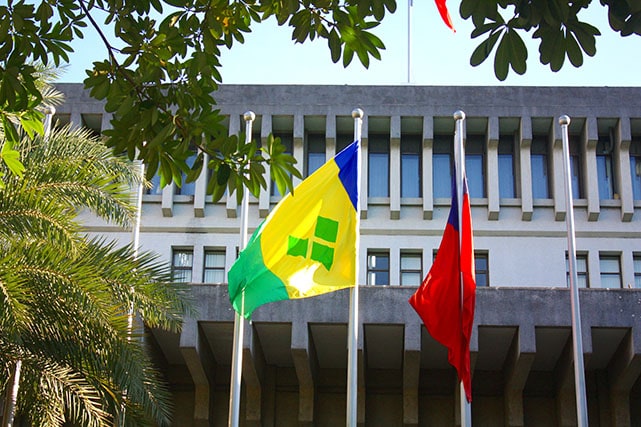Here is a detailed overview of the government laws and legal system in Saint Vincent and the Grenadines:
Government Laws in Saint Vincent and the Grenadines
1. Legal System Overview
- Based on English Common Law and the Constitution of Saint Vincent and the Grenadines (1979).
- Judicial authority lies with the Eastern Caribbean Supreme Court (ECSC), which includes:
- High Court
- Court of Appeal
- Magistrates’ Courts (handle minor civil/criminal cases)
- Final appeals can go to the Privy Council in London.
2. Constitution & Rule of Law
- The Constitution guarantees:
- Fundamental human rights and freedoms
- Separation of powers (executive, legislative, judiciary)
- Protection from discrimination
- Freedom of speech, assembly, and religion
3. Criminal Law
- Crimes are prosecuted by the Director of Public Prosecutions (DPP).
- Common criminal offenses include:
- Theft, burglary
- Drug offenses
- Assault
- Domestic violence
- Homicide
- Punishments range from fines and probation to imprisonment and, in rare cases, capital punishment (though rarely enforced).
4. Civil Law
- Covers issues such as:
- Property disputes
- Contract enforcement
- Land ownership
- Divorce and family law
- Defamation
5. Business & Investment Laws
- Companies Act governs incorporation, taxation, and operations.
- Foreigners can invest but may require:
- An Alien’s Landholding License (for land/property)
- Business registration with the Commerce and Intellectual Property Office (CIPO)
- Tax laws include:
- Corporate tax: ~30%
- VAT: 16%
- Import duties
6. Immigration Laws
- Short-term visitors don’t need visas from many countries (e.g., US, UK, Canada).
- Work permits are required for non-nationals to be employed.
- Path to residency and citizenship exists but is not automatic.
- No active citizenship-by-investment program as of now.
7. Marriage & Family Law
- Both civil and religious marriages are legally recognized.
- Minimum age: 18 years, or 16 with parental consent.
- Divorce is legal and handled by family courts.
- Child custody is determined based on the child’s best interests.
8. Land & Property Laws
- Local citizens can freely own property.
- Foreigners need a government-issued Aliens Landholding License (ALL).
- Land must be surveyed, and transactions are registered with the Registry of Deeds.
9. Labour Laws
- Governed by the Labour Code:
- Minimum wage laws
- Rights to unionize
- Protection against unfair dismissal
- Maternity and sick leave
- Labour disputes handled by the Labour Department and industrial courts if needed.
10. Environmental Laws
- Includes regulations on:
- Pollution control
- Protected marine and forest areas
- Coastal zone management
- Environmental Impact Assessments (EIAs) for large projects


